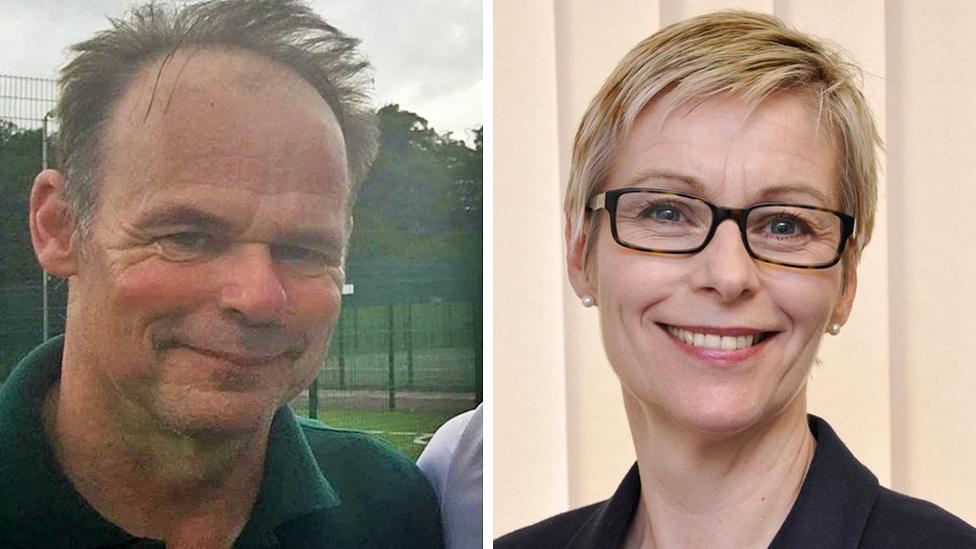Families call for more action on 'missing men'
- Published
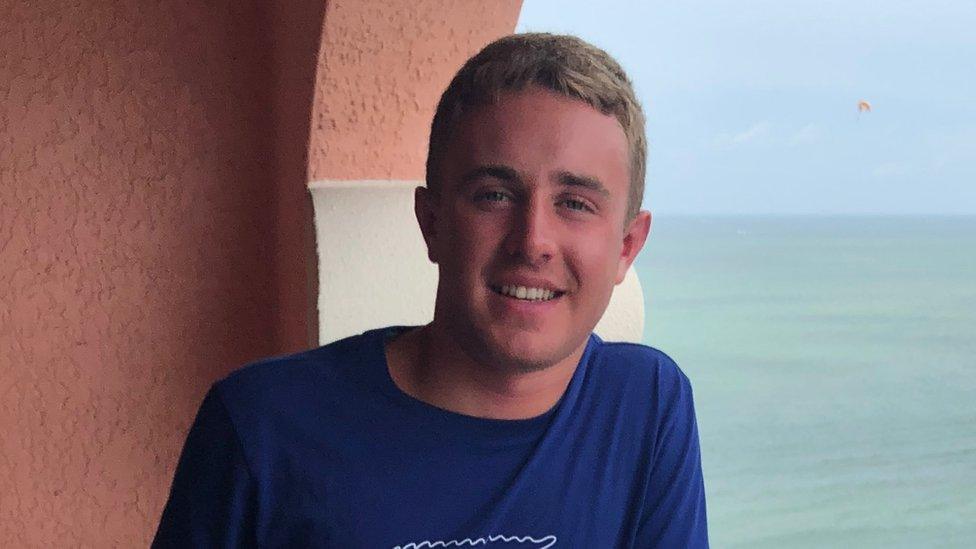
University of Worcester student Thomas Jones tragically died following an evening out
One of the last messages Vicki Jones sent her son Thomas, 18, was typical of any loving parent wishing to know their child is safe after a night out.
"Ring me when you can. I'm your mum, I worry about you - that's my job."
But she never heard back from Thomas.
And nine days after that text message, Thomas's body was found in the River Severn, not far from where he had left a local nightclub in the early hours.
"You see it on the news; a missing child or a missing person," Thomas's dad Ian, from Bromsgrove, Worcestershire, told BBC Radio 5 Live Investigates.
"And you think, 'thank God it doesn't happen to people like us'. But of course it does, because they're just normal families - and it's the worst news in the world that you could ever want to hear."
New figures
A coroner recorded an open verdict into University of Worcester student Thomas's death, which happened in September 2018.
A tragic death in precarious surroundings, late at night, after an evening out.
As Ian said - cases like this do make the news.
Tales of men going missing after last being seen in similar circumstances, happen with some frequency.
New research published by University of Portsmouth has revealed just how common it is.
Academics found that between January 2010 and December 2018, there have been at least 150 cases across the UK where men have died after going missing on a night out.
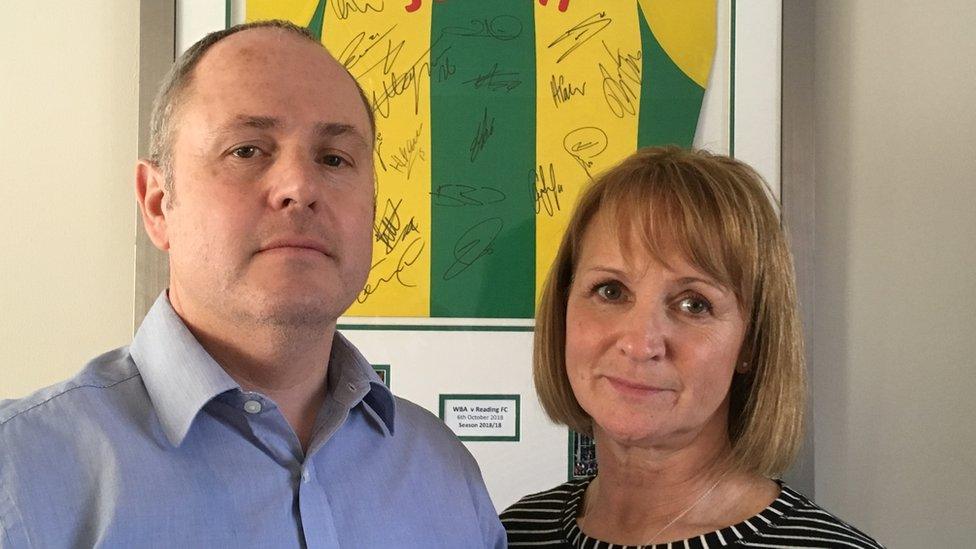
Thomas's parents Vicki and Ian say there needs to be more barriers by rivers, CCTV and better lighting
Most of them were under the age of 35 and, where the information is available, the majority happened as a result of accident or misadventure; 85% were found in water.
Former Home Office crime researcher Geoff Newiss, now a visiting fellow at University of Portsmouth, conducted the research.
While working for the charity Missing People in 2011, he noticed a recurring pattern in missing people reports - young men out in pubs, bars or clubs reported missing after not making it home, and later being found dead.
It made him think that this was a specific group of people, in particular circumstances, who were more vulnerable to fatal accidents.
Men on a night out were a "discernible risk" group.
"I was struck by a small group of cases involving men who failed to make it home safely after a night out," Geoff explained.
"The risk of fatality is strikingly high if the person isn't found within a couple of days."
Geoff's research shows that there are between 10 and 20 such cases per year, with 45% of those involved under the age of 21 and a third being students.
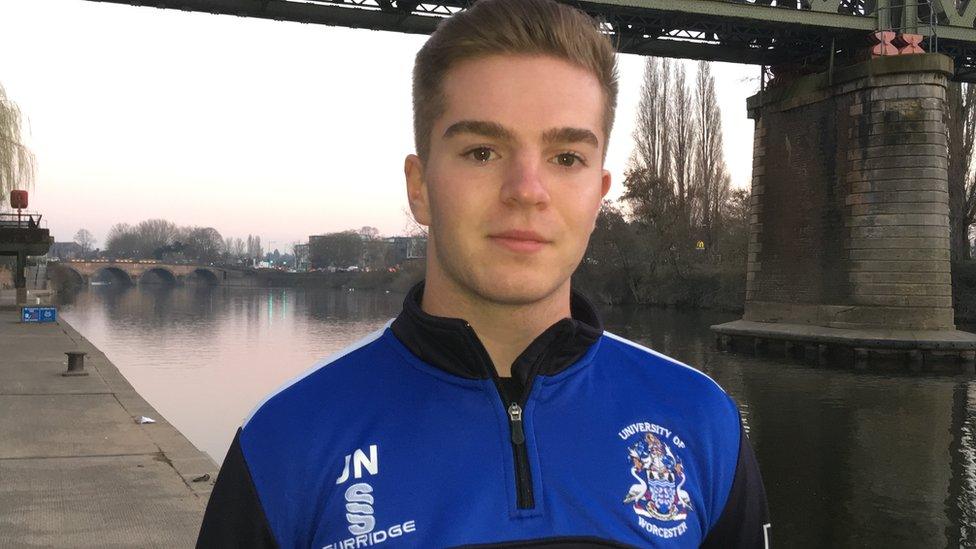
Thomas's friend James says students need to ensure their friends get home safely
Thomas - or Jonah to his friends - was certainly not the first man never to make it home in these circumstances.
And Vicki and Ian are gravely concerned that unless more is done to prevent these cases, he will not be the last.
They think there should be better protective barriers by rivers, brighter lighting and improved CCTV provision.
These calls are echoed up and down the country by families who have lost someone in very similar circumstances.
Geoff said changes to police recording systems could also help prevent future deaths.
"The addition of a night out 'flag' on missing person systems would allow us to easily identify all new cases - including those found alive."
He argues this would help improve the evidence police have - which would in turn improve their response.
The National Police Chiefs' Council has said that where evidence-based suggestions for improvement exist, they will consider these as part of their regular review of operations.
'Send a text'
And for Vicki and Ian, still struggling to come to terms with their loss, they believe there are some other very practical things that could make all the difference in the future.
"Just make sure that if somebody's worse for wear you don't just say, 'oh, you're OK'," Ian said.
"Instead, put them in a taxi or go home together."
Thomas's schoolfriend James Noyce echoes Vicki and Ian's view.
"Regardless of gender, make sure everyone gets back home," he said. "Look out for each other. Send a text when you get back."
Vicki and Ian - and other families of young men who never returned home after a night out - wish desperately that they had received such a message.
BBC 5 Live Investigates is on BBC Radio 5 Live, March 3 at 11:00 GMT - catch up afterwards on BBC Sounds.
- Published1 October 2018
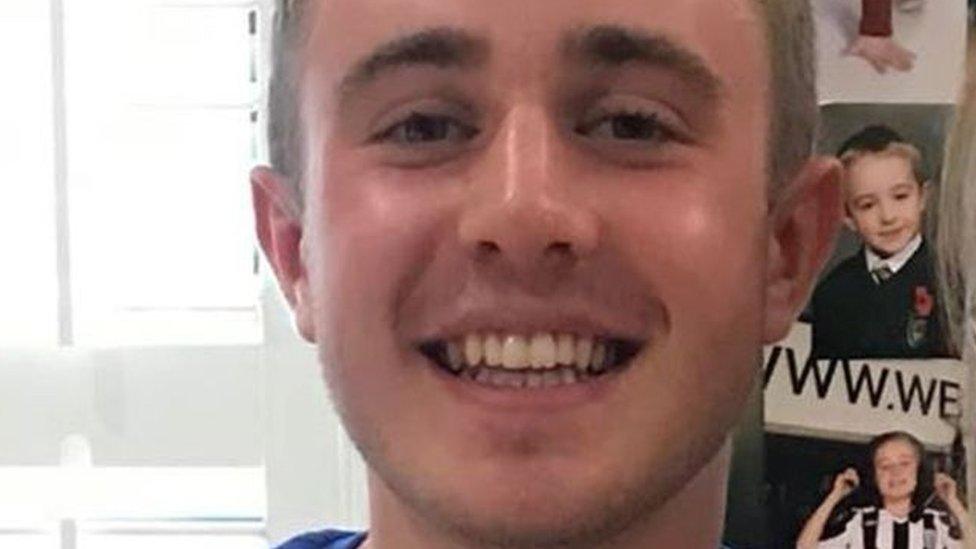
- Published20 September 2018
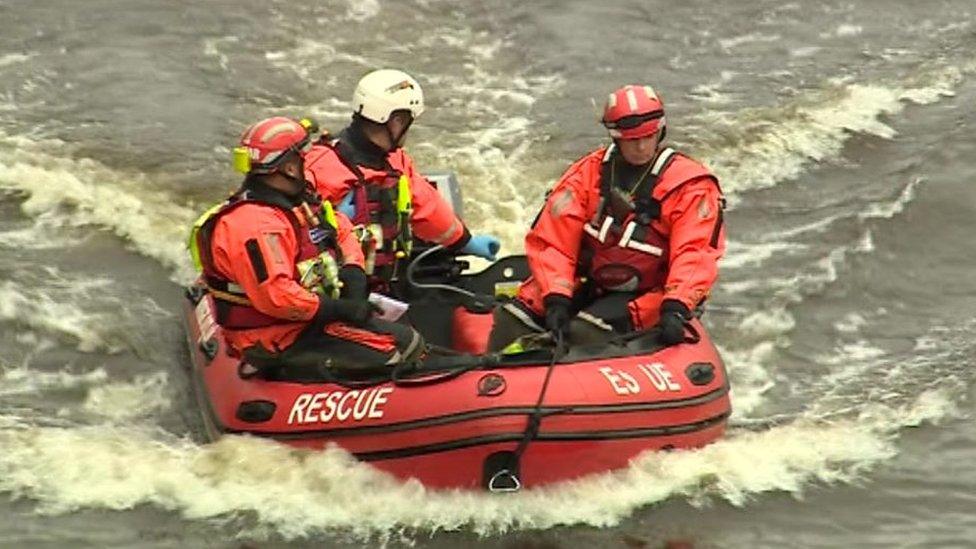
- Published24 September 2018
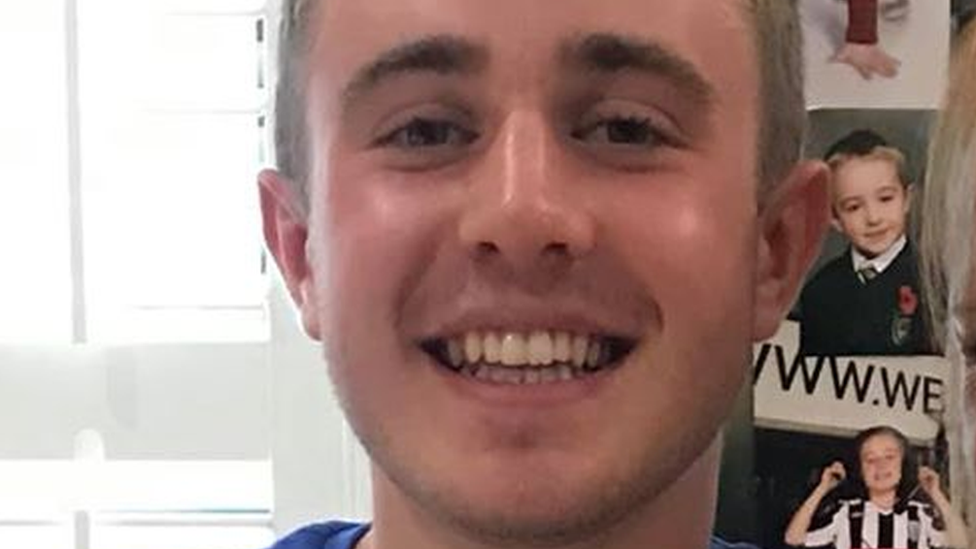
- Published11 January 2019
